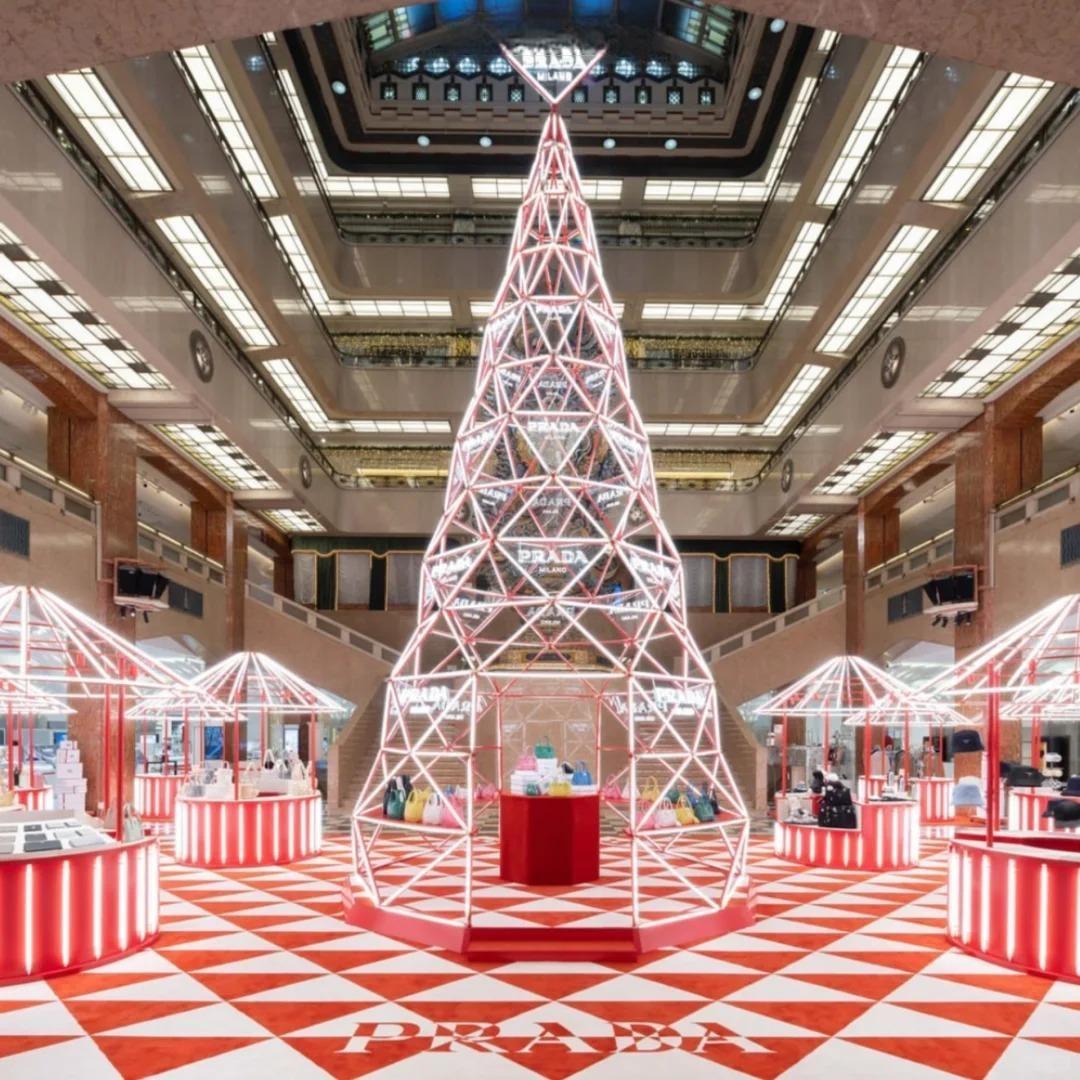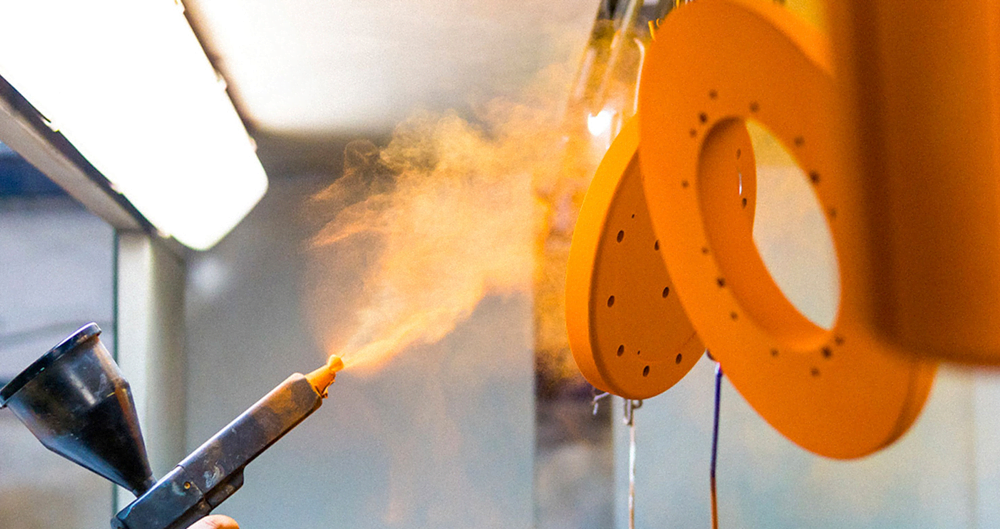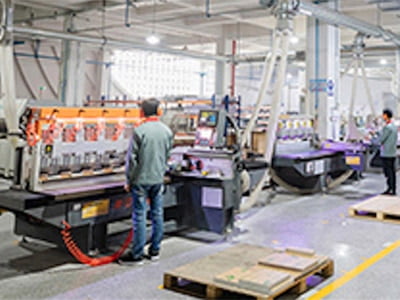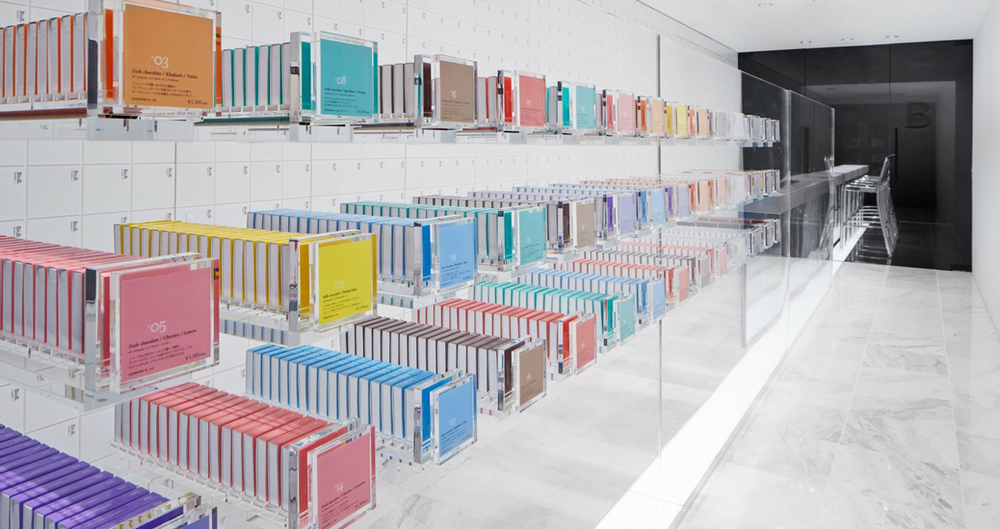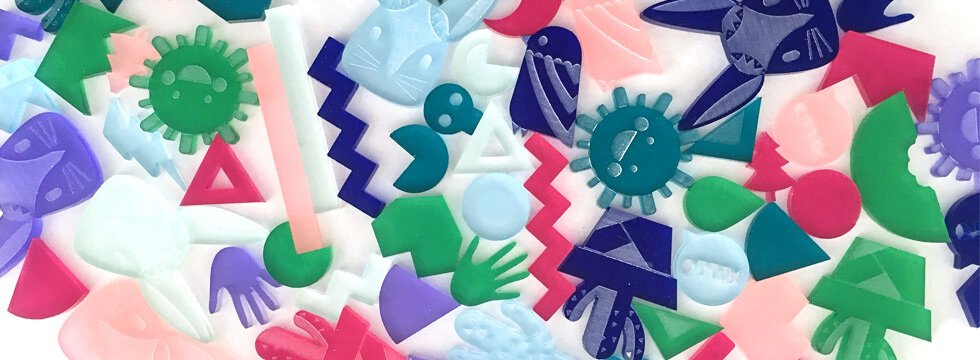By Yan Luo | Samtop Display
Table of Contents
Lighting isn’t just an add-on — it’s a strategic design element that can dramatically enhance how your props are perceived. From spotlights that direct the eye to ambient lighting that sets the mood, the right lighting technique turns your storefront into an immersive brand experience.
You’ve invested in stunning props — but in poor lighting, they look flat, dull, or go unnoticed. Customers walk by without connecting visually.

The wrong lighting creates glare, harsh shadows, or a disjointed mood. Even premium materials like glass or metal can look cheap without the right illumination.
At Samtop, we help brands choreograph lighting like a spotlight on stage. We design display systems where light enhances form, draws attention, and emotionally connects with shoppers. From fabric shadows to glowing acrylic — every material deserves the right light.
💡 Why Lighting Is Crucial for Visual Merchandising
| Objective | Lighting Function |
|---|---|
| 👁 Attract Attention | Spotlights create focal points, draw viewers to hero props |
| 🎭 Set the Mood | Ambient lighting builds emotional tone and consistency |
| 🧵 Reveal Detail | Accent light reveals textures, layers, craftsmanship |
| 👣 Guide the Gaze | Layered light directs viewer flow through the display |
| 🔊 Reinforce Brand | Warm or cool tones echo brand voice (e.g., luxury vs. tech) |
💡 Light = Emotion. Control the beam, and you control the message.
🔦 Lighting Types and How to Use Them
1. 🎯 Spotlights
Use when: You want to draw attention to a product or prop
Best for: Hero items, centerpiece sculptures, high-shine surfaces
Pro tip: Use a narrow beam angle (10–25°) to avoid light spilling
2. 🌫 Ambient Lighting
Use when: You need soft background light across the full display
Best for: Warm brand tones, textile-heavy props
Pro tip: Add dimmer control to shift day/night moods
3. 💡 Backlighting
Use when: You want a glowing effect or outline around transparent props
Best for: Acrylic, signage, translucent surfaces
Pro tip: Diffused LEDs work best for soft, halo effects
4. ✨ Accent Lighting
Use when: You want to emphasize material textures or layered elements
Best for: Wood, metal, embossing, textiles
Pro tip: Keep low wattage to avoid glare
5. 🔽 Floor / Uplighting
Use when: You want vertical props to appear taller or more dramatic
Best for: Sculptural forms, vertical branding, fabric drapes
Pro tip: Metallic props + upward lighting = maximum depth and sparkle
🧱 Lighting + Material Pairing Guide
| Prop Material | Best Lighting | Why It Works |
|---|---|---|
| Acrylic & Glass | Backlight + Spot | Creates glow + sparkle, emphasizes edge clarity |
| Wood & MDF | Ambient + Accent | Adds warmth, highlights organic texture |
| Textiles | Soft Diffused + Spot | Brings out folds, movement, and fiber richness |
| Foam Sculptures | Spot + Uplight | Highlights surface sculpting with soft shadows |
| Metal & Stone | Side + Spot Light | Reflective layers, tactile contrast |
💡 Lighting isn’t “on” or “off” — it’s layered storytelling.
🏆 Real Case: Lighting-Centric Jewelry Display in Singapore
Client: Premium jewelry house launching new sapphire collection
Challenge: Create display that felt refined and modern without losing warmth
Samtop Lighting Strategy
- Used spotlights with 18° focus on the necklace mount
- Backlit acrylic panels framed the window, giving ambient glow
- Hidden floor uplights added shimmer under metal stands
- Used 2700K warm LED for gold jewelry, avoiding bluish tones
✅ Result:
- 3x increase in in-store dwell time
- Positive social feedback citing “dreamy lighting”
- Display replicated in Tokyo with minor material localization
💬 FAQ: Coordinating Lighting for Retail Props
❓ Should I use warm or cool lighting in my window display?
A: Match lighting to your brand + material. Use warm tones for wood, fabric, gold; cool tones for acrylic, silver, and glass.
❓ Can I mix lighting types?
A: Yes — the best displays layer lighting types. Try spot + ambient + accent for full impact.
❓ How can I prevent glare on glossy surfaces?
A: Use side lighting or matte finishes behind props. Avoid direct beams on flat glass.
❓ Is LED lighting safe for delicate props?
A: Yes. Use low-heat, low-voltage LEDs with dimmable drivers — no overheating or UV damage.
❓ What wattage or beam angle should I use for a small storefront?
A: For tight spaces:
- Spotlights: 8–20W, 15–25° beam
- Ambient: 3000K warm, dimmable
- Accent: Under 10W, indirect angle
📩 Need Expert Help Designing Lighting for Your Storefront Display?
Samtop designs complete display systems where lighting and props work in perfect sync — for luxury, fashion, fragrance, tech, and more.
👉 Email: [email protected]
🌍 Website: www.samtop.com
